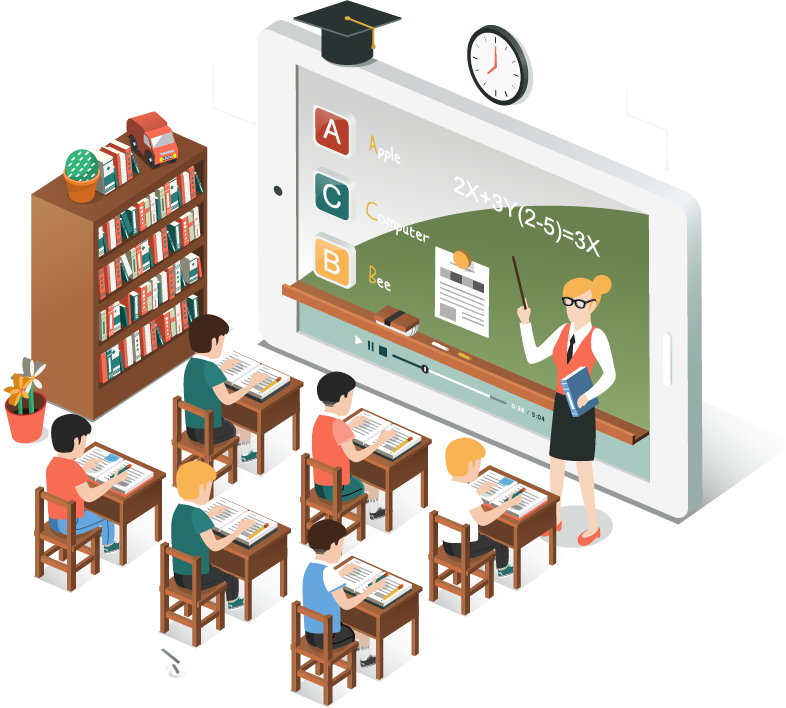
THE PROJECT

OBJECTIVES
This project is dedicated to the Specific Learning Disorders(SLD) known as “Dys”, dyslexia, dysphasia, dyscalculia, dyspraxia.
There is no fully reliable estimation of the number of “Dys” in Europe but together these SLD are believed to affect around 10% of people. All countries have numerous dys pupils and no country is currently well equipped to support them.
These disorders can be detected from the age of 6 when the process of acquiring the basic skills in term of reading, writing and mathematics are starting effectively in school and it is very important to detect and support learners early in order avoid the accumulation of delays and the loss of engagement which might lead to further underachievement and early school leaving.
PARTNERSHIP
The project will involve partners who represent different groups in education and have different perspectives on the support to the “dys”. This diversity in the partnership will help us to be able to “get out of our box” and expand our skills, experiences and knowledge.
![17Z_2102.w013.n001.401A.p30.401 [Converti]](https://tutodys.eu/wp-content/uploads/2021/03/17Z_2102.w013.n001.401A.p30.401-Converti.png)
OUR MISSIONS
For teachers, parents and specialists we expect to:
-
Provide them with effective, specific and innovative educational exercises that answer the needs of children with DYS,
-
Improve teachers professional practice and easy access to pedagogically adapted resources,
-
Facilitate individualized support for students and thus improve their professional practice,
-
Raise awareness of the needs of pupils with specific learning disorders,
-
Offer a reliable tool that can be used online, in the classroom or at home and favors learners’ autonomy and independence,
-
Support the detection of the DYS disorders.
For children with DYS, we expect to:
-
Support them with the acquisition of basic skills through innovative pedagogical exercises including gamification and rewarding mechanisms,
-
Fight against school drop-out thanks to a personalized exercises pedagogy that encourages the learners’ progress and enhance their self-confidence,
- Boost their self-confidence through better inclusion in the school curriculum.